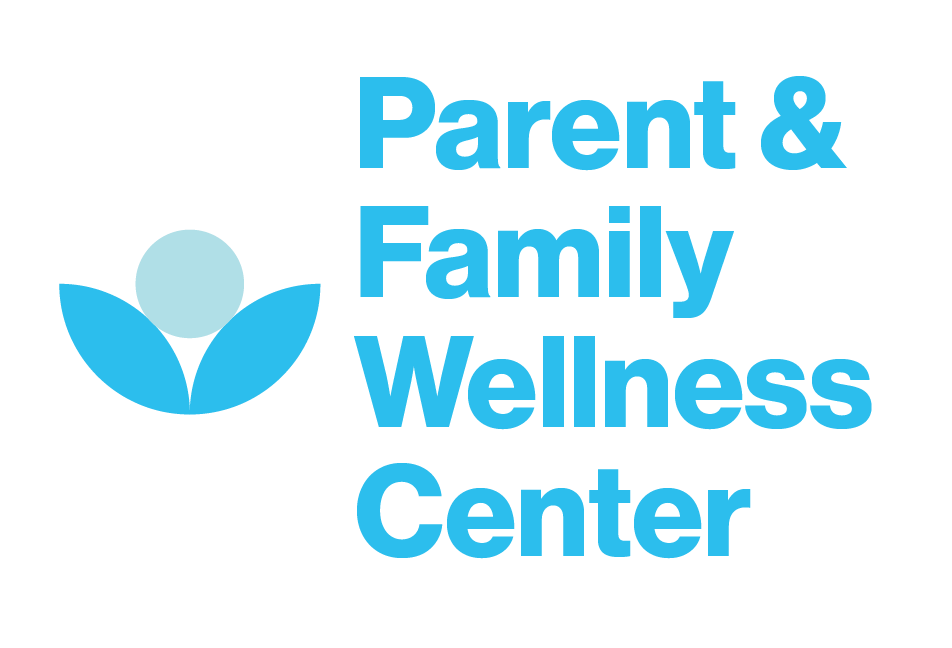Healthy Boundaries for the Holiday Season
As soon as the Fall season began, I noticed the holiday decor infiltrating stores, and my mind responded by busying itself with making plans: What will we do this year? Are we traveling? If so, we better book flights soon. How will we get all the shopping done? The thoughts spiral quickly towards all the details. The same stresses began presenting themselves with the folks I work with, who described being overwhelmed that their partner is “already” shopping while they can’t even think about it. Many people are noticing anxiety creeping in about extended family interactions. Do these thoughts or worries sound familiar? The stress of the season starts early, and then the family obligations, gifts, and celebrations start piling more to-do’s on the calendar.
When experiencing stressful moments, anxious responses can include spiraling thoughts, heightened awareness, tightness in the body and breath, and noticing the heart pounding and an elevated heart rate. These responses and symptoms can run through our system regularly during this time of year while attempting to meet varying needs and demands. On the one hand, what a special time to be with family and friends, and on the other hand, this can wreak havoc on our system! We can learn practices to help slow down our responses and shift our perspectives. I have two main ideas that are helpful to consider and a few exercises you could integrate this year. The ideas are to remind oneself that they are, in fact, good enough and to initiate healthy boundaries.
You may be familiar with the concept of the “good enough mother.” During my clinical training, the phrase “good enough” was ingrained into our student lives, and we supported one another by acknowledging the good enough paper or completion of readings. This concept is relevant here too: How can we be the good enough holiday family member, friend, host, or guest this season? The root concept of the “good enough mother” was coined by Winnicott, a British pediatrician and psychoanalyst who observed thousands of babies and their mothers, and found babies and children actually benefit when their mothers fail them in manageable ways. Can we welcome more of our imperfections in service of benefiting ourselves and others? Perhaps we can remind and be reminded to strive less to get it exactly right, and give ourselves some grace around whatever the thing is — being on time, making the right food, or purchasing the perfect gift — and offer and accept our best effort. When we do that, we can shift our expectations and relax a little, and calm the nervous system. Being good enough, as we learned from Winnicott, is actually beneficial, so let’s challenge ourselves and hold this idea in view over the holidays. When your gift-buying, card-writing, food-preparing, hosting self is hitting a 7/10 stress level, remember that you are good enough, regroup, and see where you can simplify an expectation.
We hear a lot about boundaries in our work with each other. It is an acknowledgement and awareness of navigating an approach to managing a healthy limit between oneself and others. Boundaries are an ongoing dialogue. As family members, we navigate relationships and our boundaries within them daily. For this season, perhaps we can make space for imperfection to allow for more nourishment for ourselves and our loved ones. This may be the year where you say no to a few additional events, to make sure that you have some quality time for yourself and for your family, and to improve your self-care to support a healthy nervous system.
Here are a few tips and ideas for moments to nourish yourself during this busy time:
Do something special for yourself as well as others. When running an errand, give yourself some extra time to go to your favorite coffee shop with a book, or take a longer route to listen to a favorite podcast.
Practice mindfulness. Take 5-10 minute mindful breaths. Do a 10-15 minute guided meditation through an app. Take a walk in nature.
Connect. Reach out to a friend. Watch a favorite movie with a loved one.
Check your expectations. Consider doing less when you can. Make a list of intentions and priorities to reflect on and come back to.
Enjoy some music. Play tunes that help you feel good during meal making, while taking a bath/shower, or when straightening up the house.
Find quiet time. Wake up before your household does and have some coffee/tea, read part of a book or an uplifting article, or go to bed 10-15 minutes earlier with tea and a good book
Bring some sweetness to the most wonderful, possibly most stressful, time of the year!
This article was written by Johanna Black LCSW, CCLS. Johanna is a senior supervising psychotherapist at PWCB and supports parental mental health with a specialty in reproductive and pregnancy related mental health prevention, support and treatment.

